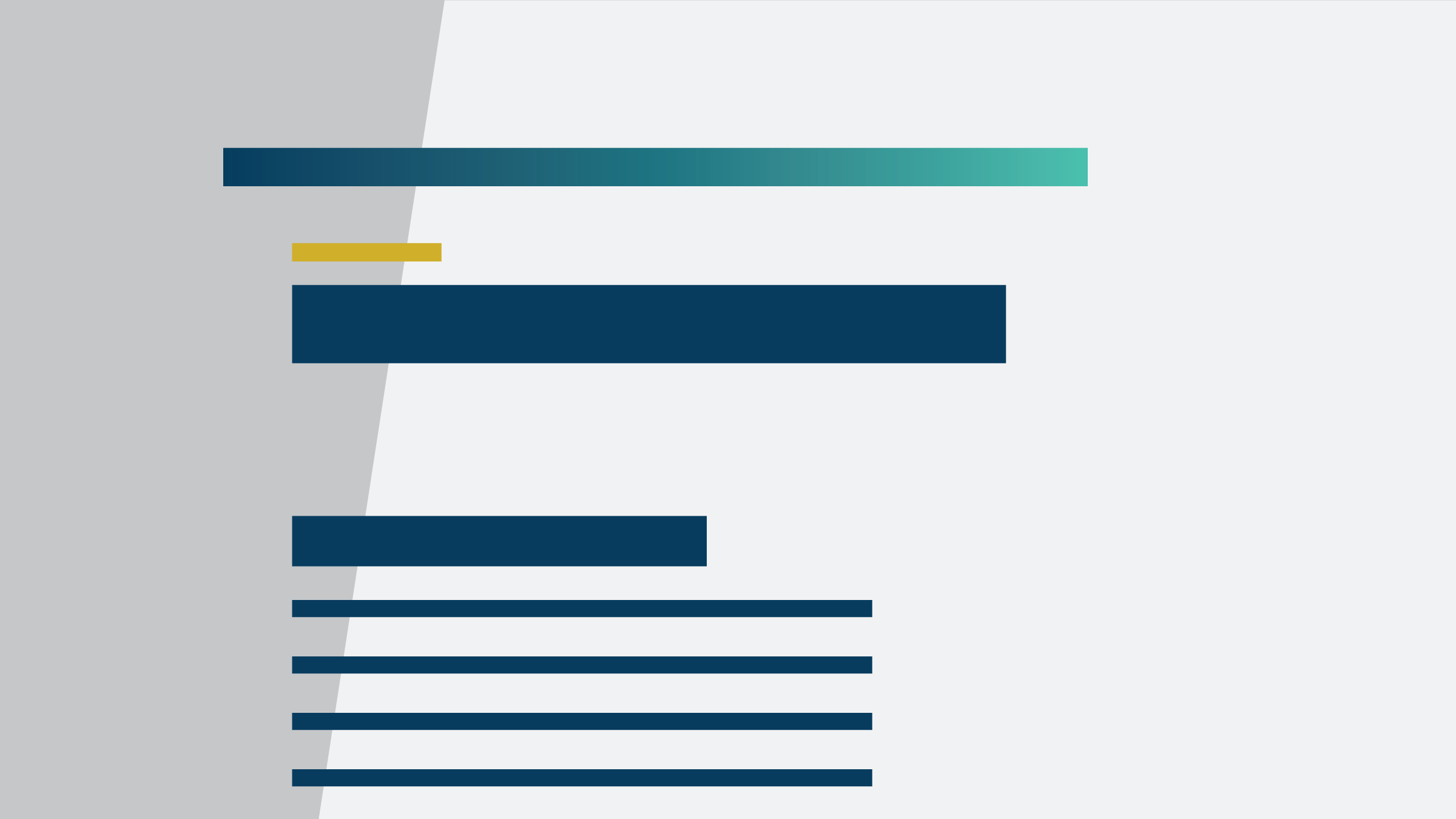Does Neoclassical Theory Account for the Effects of Big Fiscal Shocks? Evidence From World War II
Abstract
There is much debate about the usefulness of the neoclassical growth model for assessing the macroeconomic impact of fiscal shocks. We test the theory using data from World War II, which is by far the largest fiscal shock in the history of the United States. We take observed changes in fiscal policy during the war as inputs into a parameterized, dynamic general equilibrium model and compare the values of all variables in the model to the actual values of these variables in the data. Our main finding is that the theory quantitatively accounts for macroeconomic activity during this big fiscal shock.
Published in: _International Economic Review_ (Vol. 51, No. 2, May 2010, pp. 509-532) https://doi.org/10.1111/j.1468-2354.2010.00591.x.
[Technical Appendix and Other Materials](https://researchdatabase.minneapolisfed.org/downloads/1z40ks86n?locale=en)
[M-files and Ftools](https://researchdatabase.minneapolisfed.org/downloads/4x51hj04n?locale=en)





